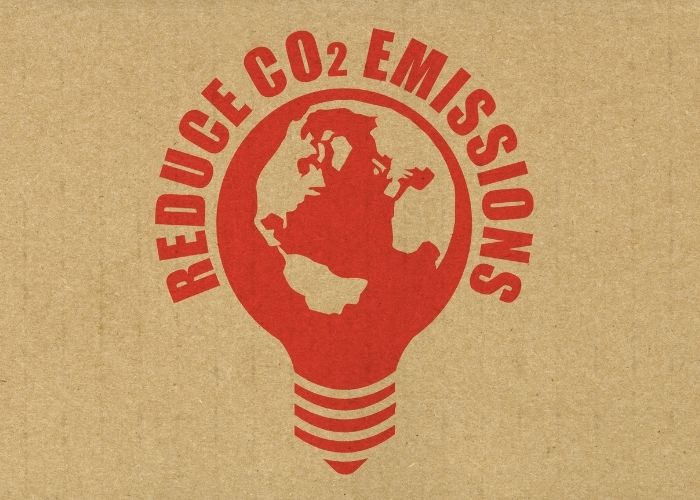MADRID – The International Energy Agency is asking countries to reduce speed to a maximum of 100 km/h on motorways and reduce car use to save energy.
More changes in society’s behaviour are needed to save energy. Therefore, the agency is calling on governments to massively roll out charging infrastructures and support an accelerated electric vehicles roll-out.
The goal of carbon neutrality with net-zero emissions by 2050 is too slow. This is what the International Energy Agency writes in its “World Energy Outlook” report. Furthermore, it is one of the most recognised annual studies in the industry.
The Agency is also asking governments to triple investment in renewable energy and its infrastructure over the next decade.
Transportation
This analysis offers ideas for various sectors to achieve environmental goals. In terms of transportation, the IEA believes that globally (not only road vehicles but also trains, aircraft, and ships) are not on track to reach net-zero emissions by 2050.
According to the IEA, the transport sector is the most dependent of all industrial sectors on fossil fuels. However, it is not the most polluting. That is by far the generation of electricity through the intensive use of coal. This is due to the rise in world demand in recent years for greater increased CO2 emissions.
Implementation
But it’s the part of the proposals that gives more clues about what’s expected of manufacturers, social agents, governments, and, of course, users.
One of the first proposals would be the implementation of strict vehicle efficiency measures. These should be accompanied by regulation of the second-hand market of the most polluting models in emerging economies and markets.
Governments should strengthen the requirement for fuel economy standards. And furthermore, include by encouraging “changes in society’s behaviour” to reduce fuel demand.
Petrol and diesel cars will account for 80% of cars by 2030 and measures to limit their use have a significant and immediate impact on their emissions. The use of thermals in cities should be reduced in most places by 2030.
The speed limit should be reduced to 100 km/h. And drivers should moderate the use of air conditioning to help reduce fuel consumption. The IEA explains these measures need “changes in social behaviour and acceptance.” It also warns that to achieve the same level of emissions reductions by 2050 without these behavioural changes, 100% of new car sales must be electric or hydrogen by 2026, compared to 5% today.
It also asks:
Supporting policies and accelerated implementation targets for electric vehicles.
Calls on governments to achieve a massive rollout of charging infrastructure. And calls for the global goal of reaching 40 million fast chargers and 18,000 installed hydrogen filling stations by 2030.
Low carbon power supplies for ports and airports. The Agency says that less than 5% of all airports handle 90% of international flights and that the world’s 20 largest ports account for more than half the world’s cargo distribution. Therefore, there is a great opportunity to reduce emissions by concentrating efforts.


